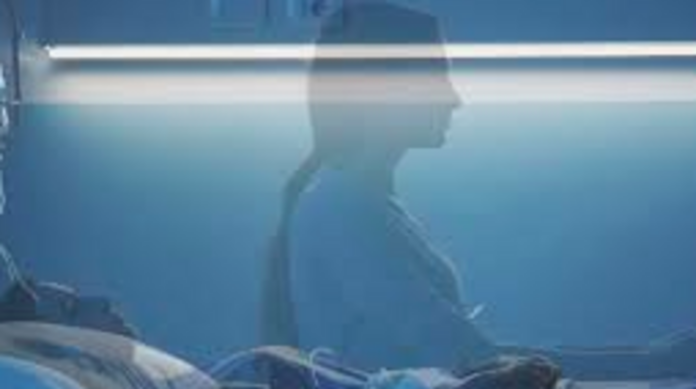Victor Zammit commentary: More medical professionals are sharing afterlife experiences
The informal sanctions on professionals who speak out about the afterlife and the paranormal are very real in competitive scientific and academic institutions. The Journal of Scientific Exploration Etzel Cardena of Lund University, Sweden, describes the blatant attempts to suppress and censor parapsychology research and those who are doing it. Instances include raising false accusations, barring access to journals, suppressing papers and data, and ostracizing and persecuting scientists interested in the topic (read a pdf copy of the article). We have, on many occasions, been contacted by scientists who tell us that they feel that they can’t say anything about their contacts with the afterlife until they retire.
However doctors and nurses who work close to birth and death every day may be more open-minded as a result of direct personal experience. Although we often hear about doctors being highly skeptical, in a survey of 1,044 doctors in the USA, 76 percent said they believe in God, 59 percent said they believe in some sort of afterlife, and 55 percent said their religious beliefs influence how they practice medicine. A book by Dr. Scott Kolbaba includes ‘miraculous’ experiences by 27 physicians (chosen from 200 experiences he gathered).
So, although there may still be pressure on medical practitioners to keep these experiences to themselves, we salute those doctors who have conducted and published research on near-death experiences and end-of-life experiences and speak out about their personal afterlife contact experiences.

